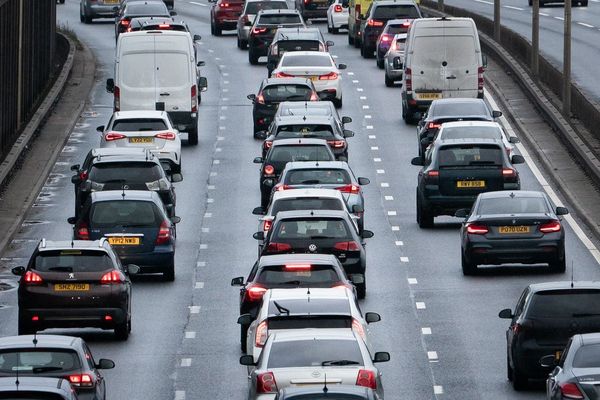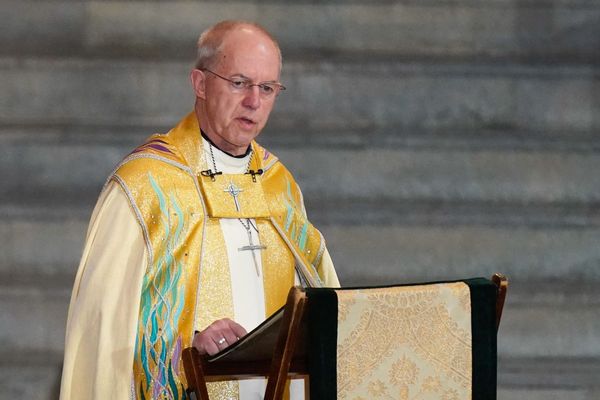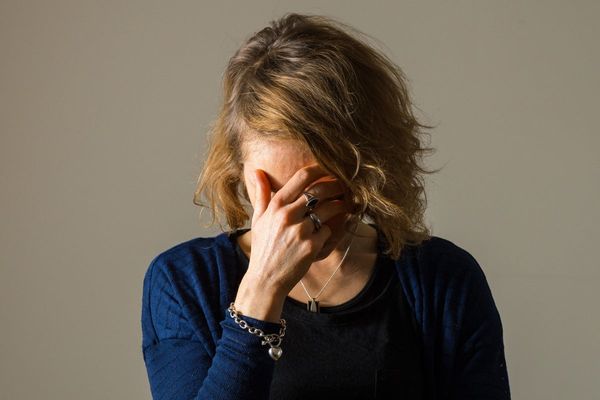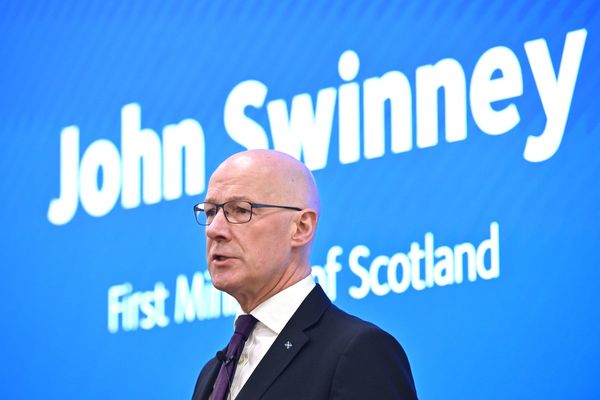
A fifth of people living in London would bet a cash windfall of £20 rather than save it or spend it on daily living in the hope of winning big, a new survey suggests.
The popularity of betting means that 1.4m Londoners would rather buy a lottery ticket or place a bet than put the money in the bank or use it for shopping or bills, a survey has revealed.
The poll for the UK Addiction Treatment Group (UKAT), which helps those with a gambling problem, asked Londoners “if you were given £20 toward something to help you relieve stress in the face of the cost of living crisis, which of the following would you choose to spend it on?”.
The issue of betting addiction and regulation is to be tackled in the Government’s long-awaited white paper review of the 2005 Gambling Act. The ease in which punters can bet online has sparked fears over gambling addiction and the way in which gambling has become commonplace even among those struggling with day to day living costs.
The Premier League has also announced a voluntary front-of shirt ban of gambling sponsors by the end of the 2025/26 season.
Betting giant William Hill was hit with a record breaking £19.2m fine last month for failing to protect customers and weak anti-money laundering controls after a customer was able to open an account, without any checks, and spend £23,000 in just 20 minutes.
Nuno Albuquerque, Head of Treatment for the gambling treatment providers UKAT, said: “Desperate times call for desperate measures, and it goes without saying that our recent survey proves that there is a significant number of people living in the capital who are tempted to gamble in order to fund the current cost of living crisis.
“The problem is that as people struggle financially, they are more likely to take greater financial risks. It’s a vicious and dangerous cycle and one that for some, can very quickly lead to a gambling addiction.
“We urge the Government to release the shamefully-delayed Gambling Act review as soon as possible, because these new rules will go some way to protecting vulnerable people in and across London.”







